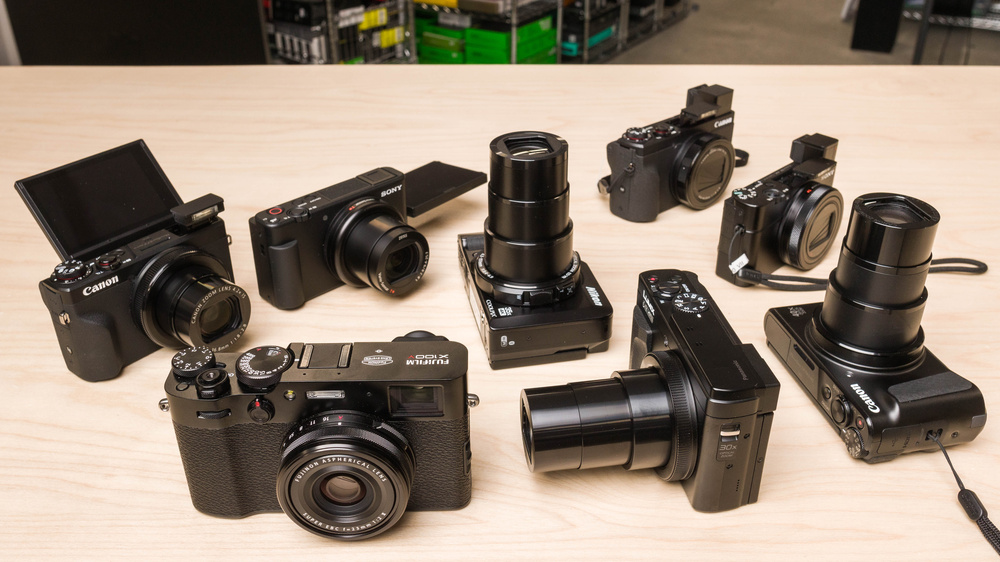
FAQ About Compact Cameras

Are there any disadvantages to using a compact camera, and what are they?
While compact cameras have many advantages, there are also some potential disadvantages that you should consider before buying one. Here are a few:
Limited lens options: Unlike DSLR and mirrorless cameras, compact cameras typically have fixed lenses, which means you can't swap them out for different focal lengths or apertures. Some compact cameras do offer the ability to attach additional lenses, but the options may be limited.
Limited control over settings: Compact cameras generally offer fewer manual controls than DSLR and mirrorless cameras, which can limit your ability to fine-tune settings such as shutter speed, aperture, and ISO. However, some higher-end compact cameras do offer more manual control options.
Small sensors: Because compact cameras are designed to be small and lightweight, they typically have smaller image sensors than DSLR and mirrorless cameras. This can result in lower image quality, especially in low-light situations.
Limited battery life: Compact cameras generally have smaller batteries than DSLR and mirrorless cameras, which means they may need to be recharged more frequently. This can be inconvenient if you're traveling or shooting for extended periods of time.
Limited durability: Compact cameras are generally not as rugged as DSLR and mirrorless cameras, which can make them more susceptible to damage from drops, bumps, and moisture. However, there are some compact cameras that are designed to be more durable and weather-resistant.
